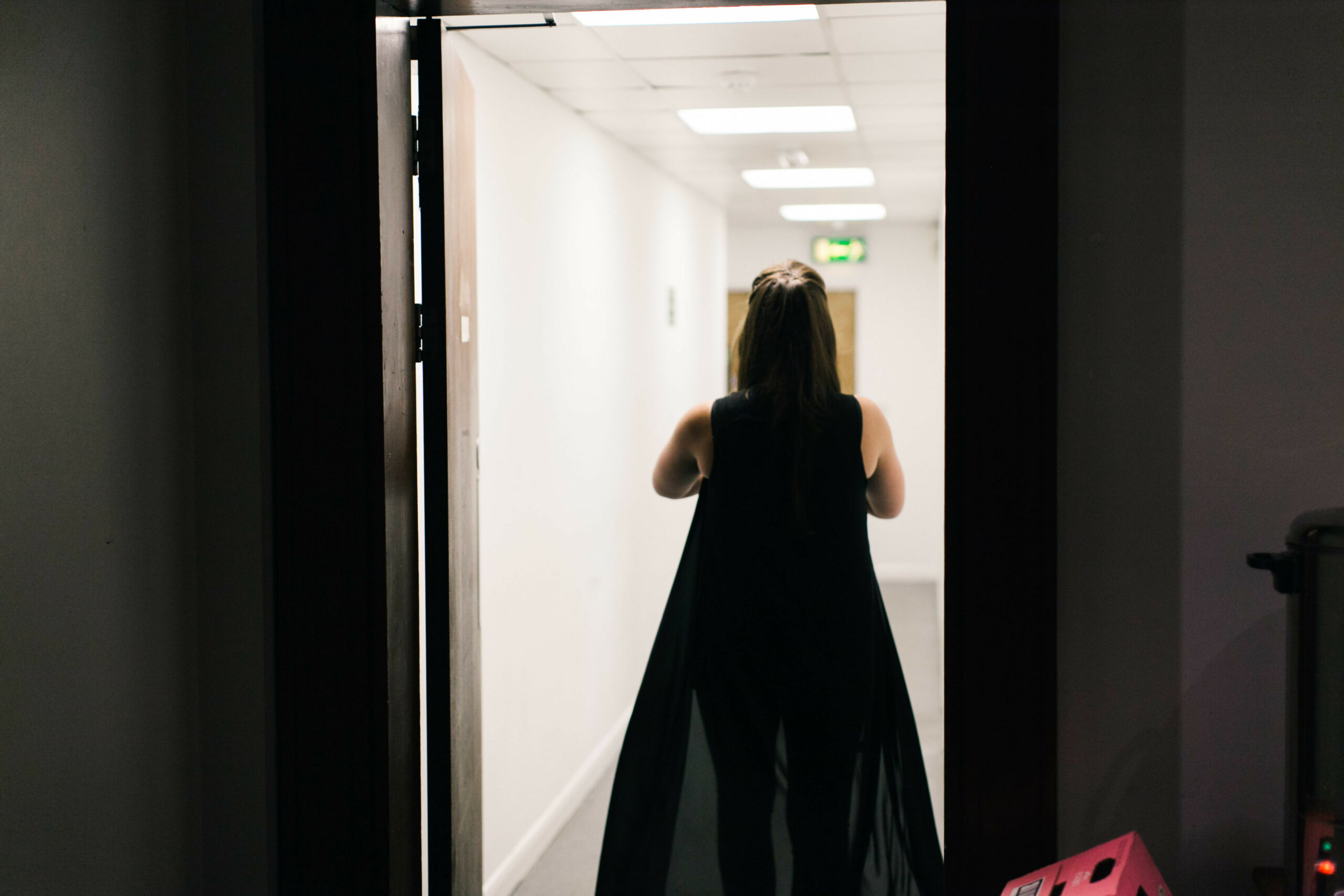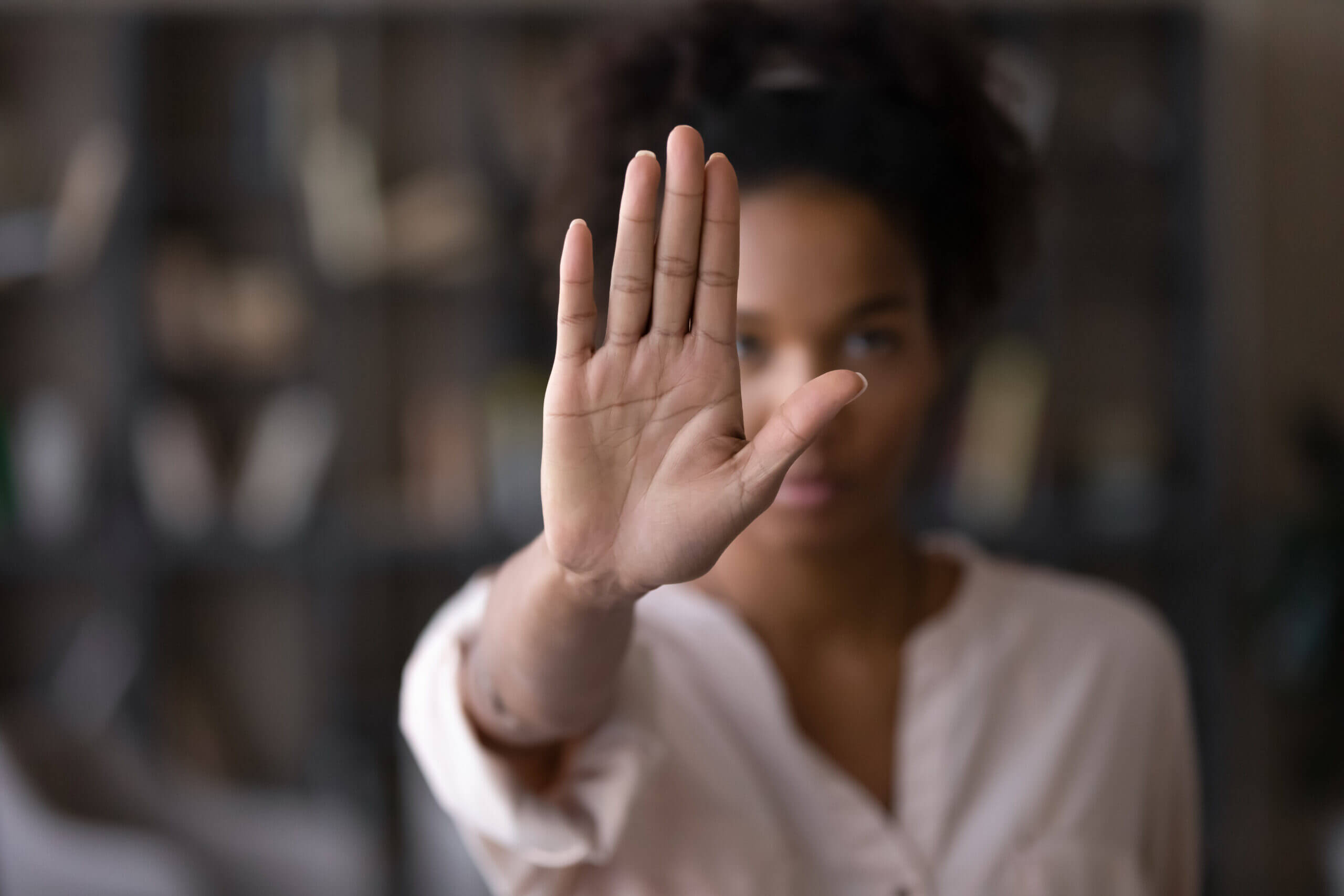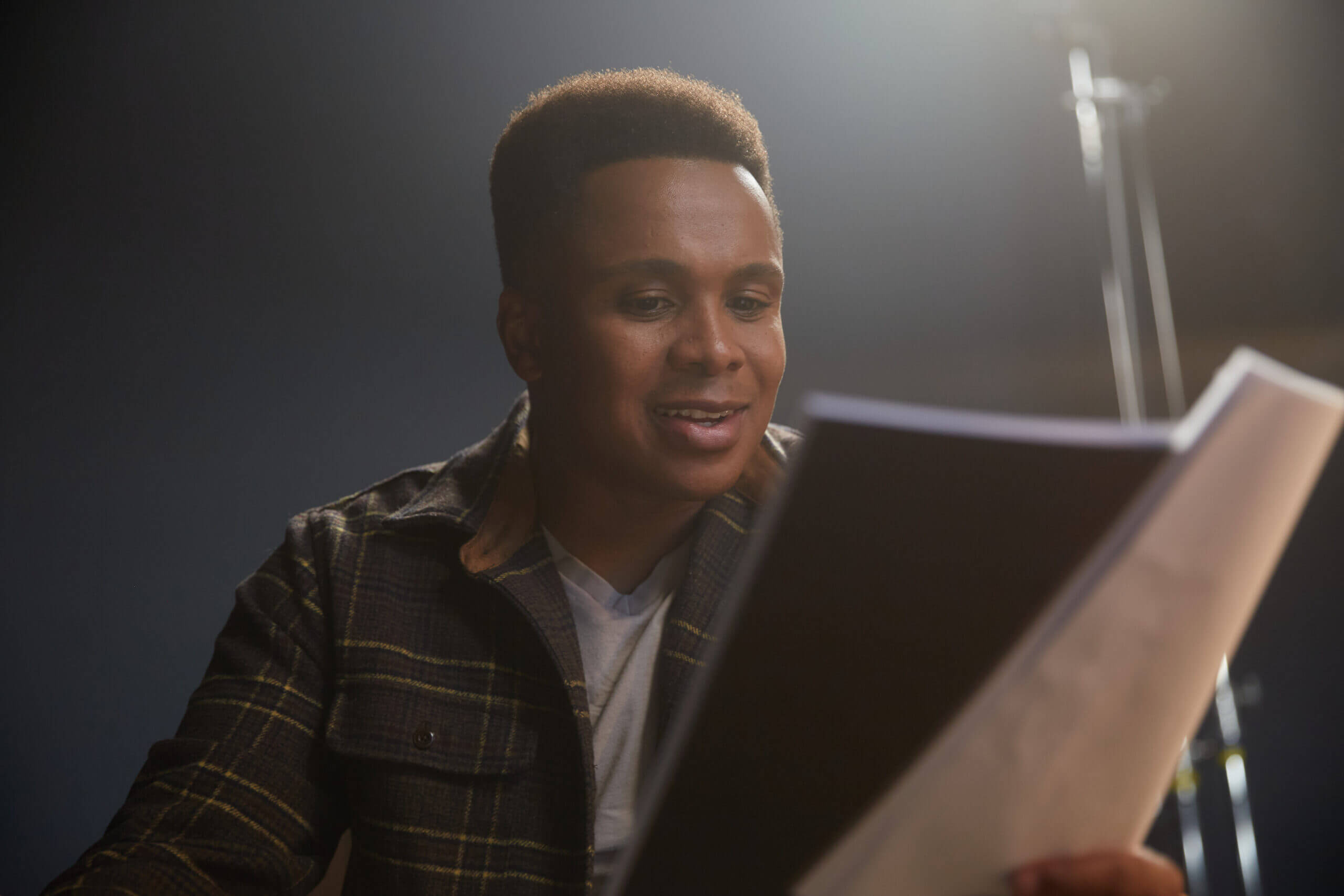An anonymous actor opens up about her lived experience with mental illness
As part of our series for Mental Health Awareness Week, we spoke to two actors about their personal experience with mental health concerns, and the psychological impact of being an actor. Here is the second in the series.
Part Two: “Lucy”
I realised I can’t talk about myself, and my life, and where I’ve been and where I’m going, without talking about mental health issues, because it’s such a big part of me. It’s almost like you’re keeping out a bit of yourself.
The Backstory
When I was still at uni, I’d just been diagnosed with OCD. It got really bad, and I didn’t really speak or function very well. I was also in a play, in one of the lead roles. I realised that when I was acting and when I was that other character, I was fine. I didn’t have any of the intrusive thoughts or anxiety that I normally had. For two hours on a Tuesday I would be completely fine. I realised ‘I love this, I love being someone else’, and it really helped me. It was only then I thought, ‘I want to do this properly’. At the time it was kind of like escaping.
I’m Dutch, and we have a saying: ‘Just be normal, that’s weird enough’. My family don’t really talk about feelings much. My drama training helped me get to my emotions, before that nothing used to make me cry, really. My friends used to refer to me as the ‘Ice Queen’. But after [training], I can cry [as needed] – it’s that kind of ‘on the spot’ ability to channel your emotions.
Accessing Emotions and Choosing Roles
[As an actor] you have to be able to draw on emotions and go, ‘Ok, that was it’. I found that I wasn’t able to do that. Whenever it would get quite deep, I wouldn’t be able to go on and then say, ‘I’m fine now’. I think with my actor friends it’s easier to talk about mental health stuff, I guess because everyone is quite in tune with their emotions and is quite open. You get used to talking about yourself and being as open as you can. Whenever you’re exploring a character there can’t really be any inhibitions. You always have to go to places.
When I was back home as a student I wouldn’t tell anyone about those things at all. It was only my close friends I would talk to. In London, we were much more open about it. We’d have classes about it and construct our life road map. And I realised I can’t talk about myself, and my life, and where I’ve been and where I’m going, without talking about mental health issues, because it’s such a big part of me. It’s almost like you’re keeping out a bit of yourself. It wasn’t until that year that I started talking about it and started sharing it. Being around other actors helped a lot of people, and to open up. I think in general, actors are quite in tune and able to draw from that.
I recently acted in a 24hr film challenge, and I had to play a really distressed character. The thing with film acting is it’s not that emotional at all. You literally have to act to a door sometimes – you’re basically telling a door that you love them. And there has to be something within you that can draw from somewhere. You have to be ready at a moment’s notice. In that respect, you have to think how you can channel that and get to those emotions. It’s so important to keep talking about things, and have someone who brings that out in you.
The Harsh Realities of the Profession
[When you are an actor] you have those periods of being without a job and waiting for the next opportunity. You get all that free time, and that free time can be quite daunting. I was saying today that I had a free morning, and all that time alone can make it worse.
I think my OCD is such a big part of me that it will affect everything I do. It affects the roles and opportunities that I go for, and what I think would suit me. Also, I downplay myself. Most of the times I go for the quirky outsiders. When I finished training, the teachers would say ‘this is what I would see you cast as,’ and I would be the foreign, quirky, unhinged character, which makes sense. I know I can get to these places so I subconsciously do want to explore that. Once you have been cast it’s a case of trying to get into this character’s mind. I find when I’m on a set or when I’m filming something, I’m much calmer mentally. I also have a script and I know exactly what I’m going to do for that day, and in that scene. I find for my OCD, that’s really soothing and nice. Once it’s over, I fall back into the, ‘I have nothing to do and nowhere to go now’ feeling.
Coping Day by Day
If you’re prone to depression and anxiety, it’s important to have people around you who will, for example, take you out, and be a good support system. Having someone to speak about it to is important. There’s still so much stigma around mental health, and you just get on with things. I find that Twitter has helped a lot. I saw people making jokes about anxiety and it normalised it a lot more for me. From that point, you’re also able to recognise a lot more stuff. When I was at uni all I knew was that I really liked acting, because it relaxed my brain and I wasn’t worrying. My sister, who’s a doctor, recognised what was going on with me. It’s weird when there’s no name for it and you’re not talking to anyone about it. Only knowing that you really like to not be yourself.
It’s really important to find something that works for you, and it’s different for every individual. For me, it’s walking, running, clearing my head. Getting music on. Or just sitting behind the piano and singing. Anything to get it out, almost physically.
If you have a really intense scene, find something nice for your brain to do after. It’s draining. Your body can’t really tell that you’re acting sometimes. I did a short film where in the story I got brutally attacked, so I had to go to quite deep places. By the end of it I felt like I had run a marathon with all the shaking. I don’t know if my brain realised that it wasn’t real. It’s important to be able to recover quickly for jobbing actors, so being kind to yourself is so important. It’s fine if you’re not fine, and you just need some time. It’s so funny how you go through all these emotions when you yourself are not completely ready for it. It’s important to make yourself tough so you are ready and resilient. It’s not something that ever gets easier, and you’re portraying humans, so it’s never a simple character. Even if you just have a few lines, there’s always something behind it. Those really intense roles take a lot of you, and I think every time it touches someone, it’s because they recognise something.
Understanding the Stigma
With OCD, it’s seen as this cute, quirky thing that people just throw out there; ‘Oh, I’m a bit OCD about my dishwasher!’ I guess that’s because people don’t really talk about it. Nobody addresses the actual issues, and if you let that happen it becomes this throwaway thing. My favourite things people say are, ‘Ah, it’ll be better tomorrow,’ or ‘What have you got to be upset about?’ And, ‘Why are you getting so worked up, it’ll be fine.’ It’s not really something you can blame people for, it’s just the lack of understanding and lack of knowledge about it. There’s only a handful of films I can think of where it’s touched upon. You don’t get what it is like on a day-to-day basis. It’s the same with bipolar disorder. It’s terrible how people throw those terms around for anything – you have no idea of the effect it has on people. That’s why I think Mental Health Awareness Week and Time to Talk are so important. I thought if I ignored it and was quiet about it, it would go away. I think that’s because when you’re in it, when you experience it, there’s a shame within that. You need the right people around you to say, ‘This is fine.’
At the request of the interviewees, names have been changed. If you’re struggling with any mental health issues, ArtsMinds has lots of suggestions of someone to talk to – and check out this resource. For more personal accounts of actors’ experiences with mental health concerns, take a look at these stories.
If you need urgent help, there are lots of ways to get help now.












